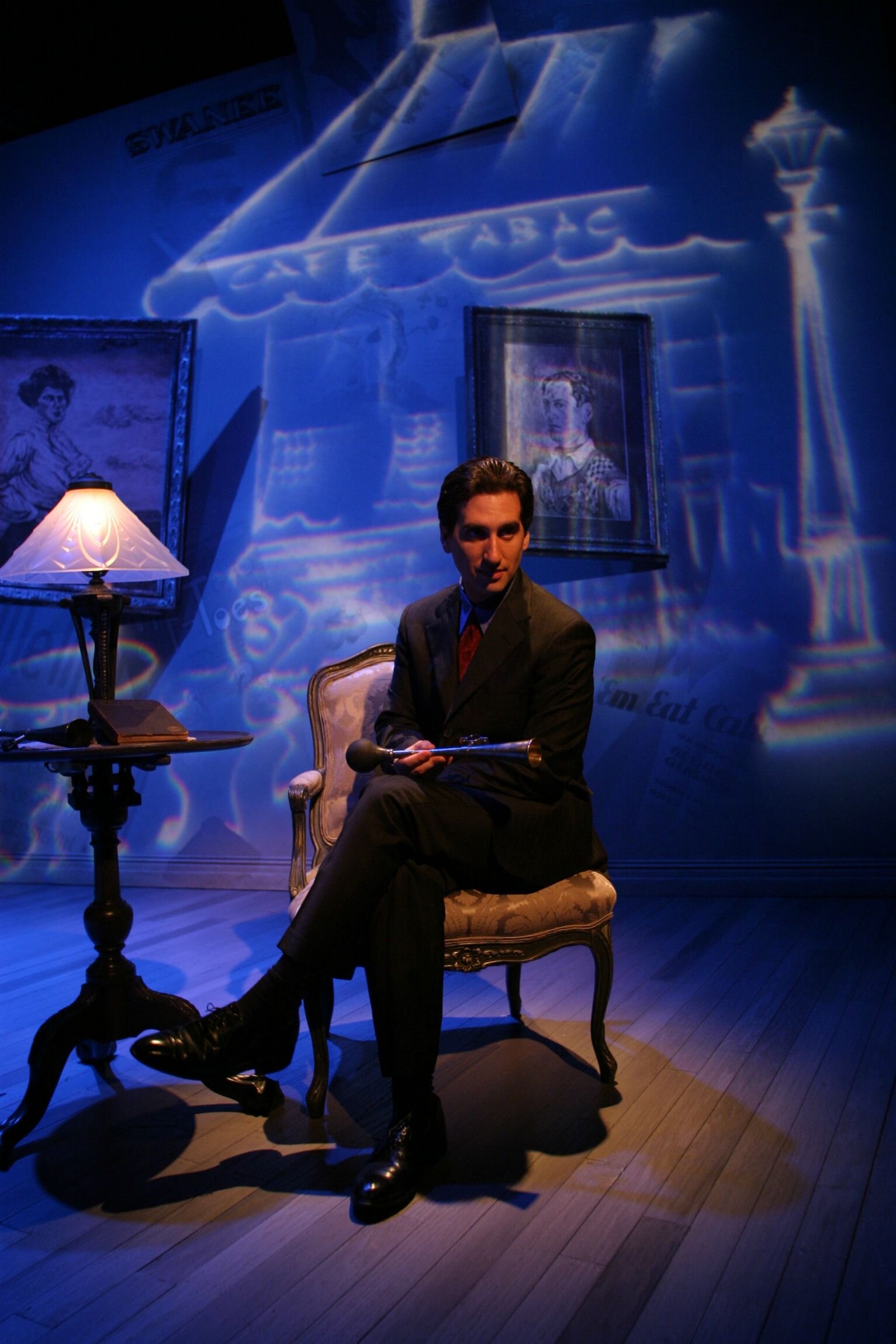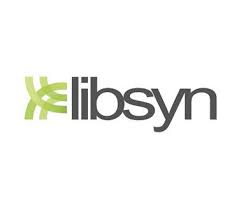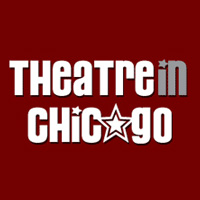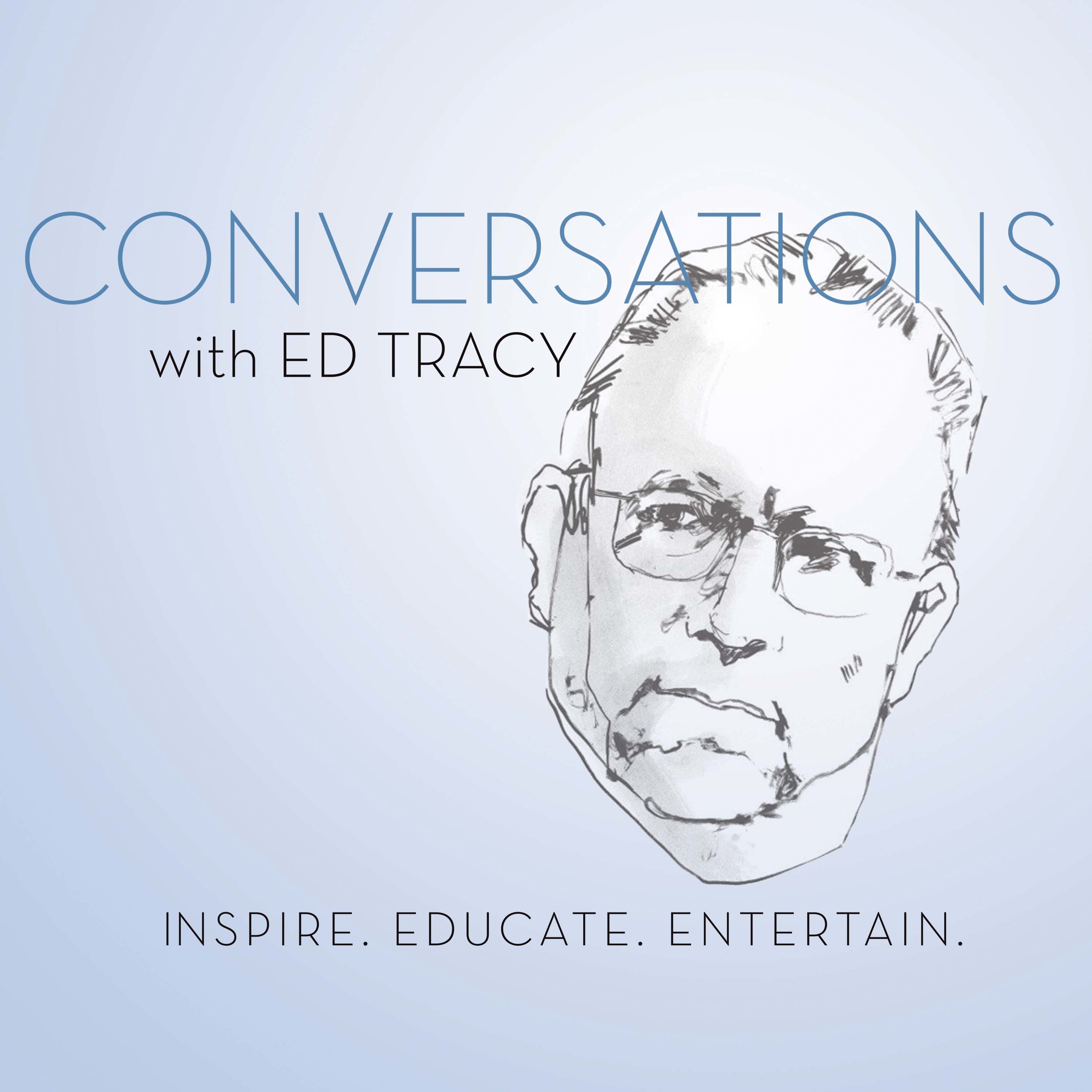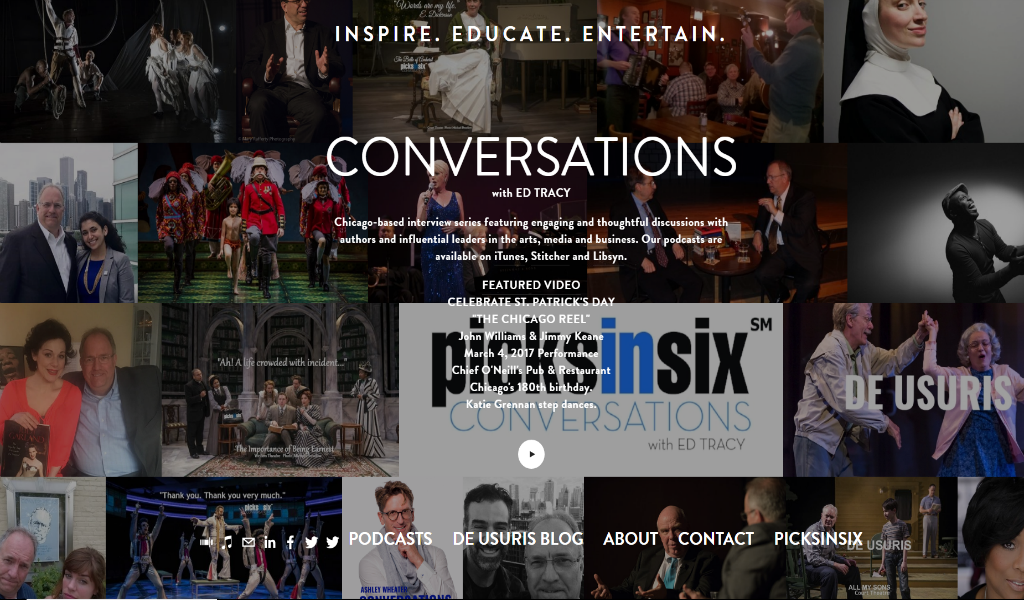PicksInSix Q & A: HERSHEY FELDER ‘An American in Paris’ from Italy
Hershey Felder as George Gershwin Alone will stream live from the Teatro della Pergola in Florence, Italy on Sunday, September 13 at 7 p.m. CDT. As in previous livestream performances, proceeds will benefit theatres and arts organizations throughout North America and Europe severely challenged in the midst of the coronavirus pandemic. Porchlight Music Theatre is the Chicago beneficiary sharing ticket purchases using Porchlight’s link.
Felder, the only actor-musician to create the on-stage role of George Gershwin, incorporates the composer’s best-known songs from The Man I Love, Someone to Watch Over Me and Embracable You through the hits of “An American In Paris” and “Porgy and Bess,” to a complete performance of Rhapsody in Blue. George Gershwin Alone has played over 3,000 performances and seen by over two million people from Los Angeles to Broadway to the U.K., celebrated by both the public and critics, and for quite a few years was the highest grossing Gershwin entity.
In this week’s PicksInSix Q&A from his home in Florence, Hershey Felder provided a glimpse of the early days of Tin Pan Alley and the songwriters and composers who recognized Gershwin’s talent and potential.
CWET: Born in 1898, Gershwin quit school and got a job in 1915 as a song-plugger on Tin Pan Alley. How did that transition come about?
HF: Gershwin was determined to be a musician and to be involved in music. He had a natural talent–that, of course, he developed with very hard work–for score reading, improvisations, and accompaniment. The one job that fit naturally at the time was a song-plugger–pounding out the new songs for singers and buyers of sheet music. It was a whole industry and he had a place there. It was a natural entry place into the world of music, and he plunged in, which was not difficult considering that he really didn’t like traditional school and wasn’t much good at it. I suppose his parents allowed him to find his “place.” After all it was better than being a street hooligan!
CWET: As a musician of remarkable talent, give us a sense of what Gershwin’s formative years were like in New York at this time, a typical day on Tin Pan Alley and the early influencers who helped him get established.
HF: A charming anecdote, that I am told did happen, is that Gershwin had a penchant for improvising accompaniments, and various unusual harmonies, while plugging songs for potential buyers. Irving Berlin got wind of his talent and hired him to be a musical secretary–to write down in musical notation the tunes that came so naturally to Berlin, as well as the accompaniments, that Berlin had in his ear, of which he would sing bits and pieces to the musical secretaries. George, never one not to investigate new and interesting musical ideas, would toy around with Berlin’s accompaniments. This aggravated Berlin no end, who fired him, and told him to go get a job as a composer if he wanted to be one. The rest, as they say, is history.
CWET: George and Ira Gershwin were also among the early members of the American Society of Composers, Authors and Publishers (ASCAP)–along with Irving Berlin, the subject of another Felder show–which recognized the importance of securing payments for the public performance of the creative work of songwriters, at the time, based on sheet music sales and piano rolls. Was it really all business all the time? Talk about the importance of ASCAP to how songwriters made a living wage.
HF: Irving Berlin was one of the creators of ASCAP believing that composers did deserve not only a living wage, but that their intellectual and artistic property needed to be protected from free use. In terms of it being “all business, all the time…” well, if one doesn’t have a roof over one’s head, or food to eat, how is one meant to live and create? If one’s craft is created and used by the public, why should one not be able to feed themselves off the terribly difficult and painstaking work? I don’t think it’s “all business all the time” as much as it is, fair pay for hard work.
CWET: Besides Ira, who was Gershwin’s most influential contemporary on Broadway?
HF: Jerome Kern. He spoke often about his admiration of SHOW BOAT and that he wanted to write the next great American Opera, which he did with “Porgy and Bess.”
CWET: Talk about his work ethic. What are a few things he would have been doing on a daily basis, working alone and with Ira, and, along with that, is there a specific inspiration for a favorite song that’s always bubbling up as you share musical space with him?
HF: According to all accounts, George’s life was music. Music. MUSIC! In fact, Kay Swift reports of one evening, where they were to be on a date, George came in with new manuscripts to a score, probably “Porgy and Bess,” laid them out all over the floor, got down on hands and knees, asked Kay to do the same as they went over the score and all the new things he was doing. Not much of a date I guess… but what a date if you are a musician and love such things! Music always thrilled him… so other than daily ablutions, I believe with George it really was MUSIC MUSIC MUSIC!
CWET: You have the extraordinary opportunity to bring together an international audience during your live performance of George Gershwin Alone which will benefit performing arts organizations reeling from the pandemic. What is the message that you would like that audience to remember about George Gershwin and his music?
HF: I must smile as I remember Sam Goldwyn (also one of Gershwin’s bosses at MGM): “I don’t do messages. Messages are for Western Union.” But the truth is, in these times, anything that reminds people of our collective humanity–in this case, Gershwin’s music, as the reminder–is a good thing.
HERSHEY FELDER PRESENTS
LIVE FROM FLORENCE
GEORGE GERSHWIN ALONE
A Play with Music
Music and Lyrics
George Gershwin and Ira Gershwin
Book
Hershey Felder
Sunday, September 13, 2020
5 p.m. PDT, 7 p.m. CDT and 8 p.m. EDT
Tickets are $55 per household and are available for purchase online. Patrons will receive a link and password on Friday, September 11, which will enable them to view the livestream and an on-demand version of the performance for one week following the event.
PORCHLIGHT MUSIC THEATRE is the local beneficiary of Hershey Felder’s performance sharing 50% of ticket purchases using Porchlight’s link.
Production Direction
Stefano de Carli
Hershey Felder
adapted from the stage play
directed by Joel Zwick
Associate Director
Trevor Hay
Scenic Design
Hershey Felder
Film Production & Live Editing
DeCarli Live
Live Broadcast & Sound Design
Erik Carstensen
Director of Broadcasting & Special Projects
Meghan Maiya
Publicist
HERON AGENCY
Noreen Heron / Megan Gasper
Photo Credit
Mark Garvin
PORCHLIGHT MUSIC THEATRE WEBSITE
PMT TICKET LINK
CONVERSATIONS
PODCASTS
MORE REVIEWS
THEATRE IN CHICAGO


